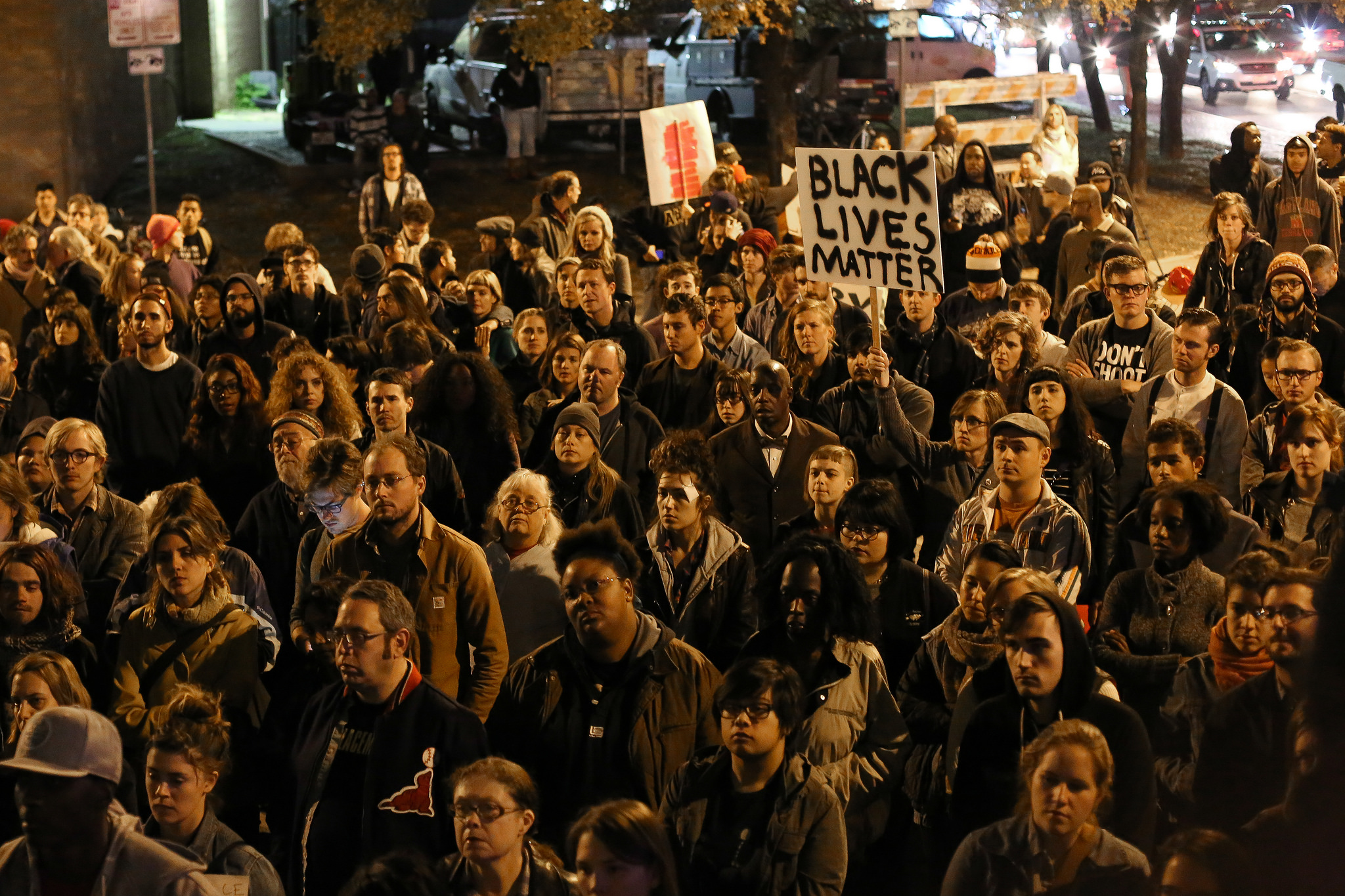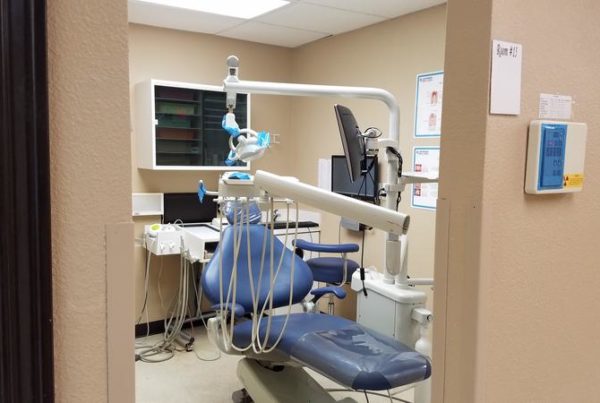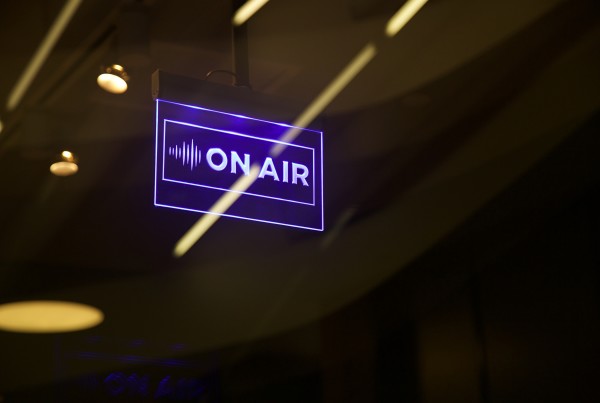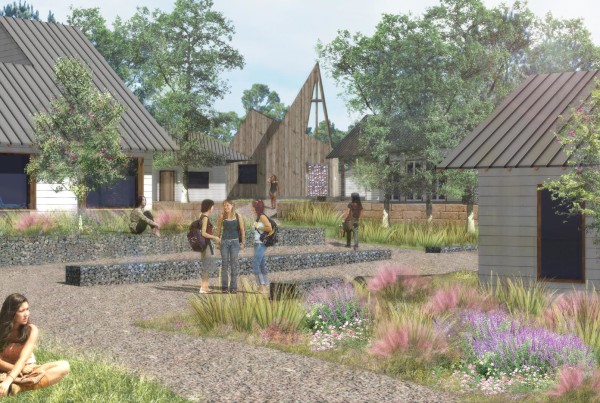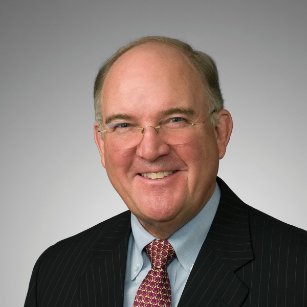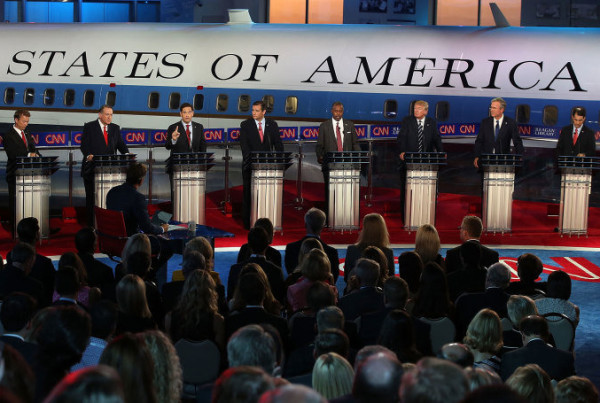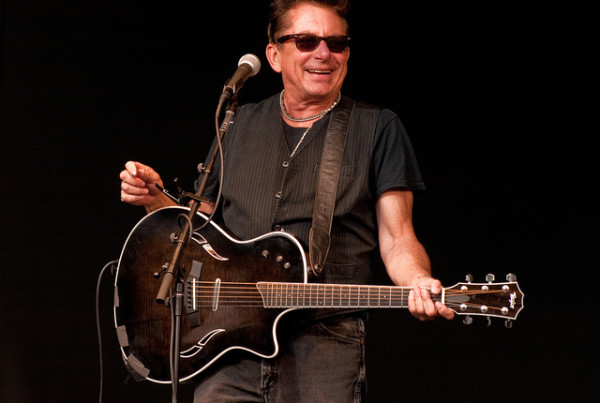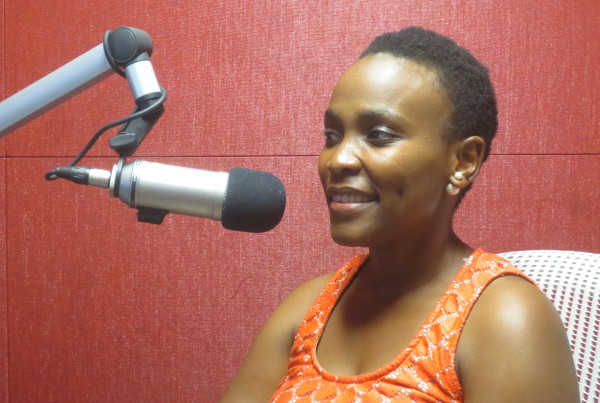Austin is going to be ground zero tomorrow for three rallies which will culminate at the state capitol.
The pink dome is often used as a backdrop for rallies, but this time some community leaders are quite concerned about public safety. The three groups – planning to march separately – include members of Black Lives Matter, Police Lives Matter, and an anti-police-brutality activist group called the 1312 Project. 1312 are numbers that correspond to letters of the alphabet, ACAB, which is a longstanding acronym for All Cops Are Bastards.
In case you missed it, the national conversation over race and the use of force by police has bubbled over into what many along the thin blue line believe to be an atmosphere of overt antagonism against police in general. Some see it bordering on terrorism. The cold-blooded shooting death of a Harris County deputy while filling up his cruiser was – in the eyes of the County Sheriff – an example of anti-police rhetoric run amok.
Incidents from Ferguson, Mo., to North Charleston, S.C., and Grand Prairie, Tex., to New York have – as never before – mainstreamed a notion that police too often abuse their authority in cases involving people of color. And were it not for smartphones, many would still be getting away with it.
In this climate of polarized attitudes, as three different groups with three different perspectives converge on the Texas capitol city for the rallies, the man caught in the middle and expected to maintain the peace is the Austin Police Chief, Art Acevedo.
“Some folks on both sides of this issue are trying to hijack noble movements, kind-hearted movements,” Acevedo says.
Black Lives Matter activists are against bad policing and want to rally to have tools to hold officers that may disproportionately target black citizens accountable, Acevedo says. Officers in the Austin Police Department that want to participate in the pro-police rally will be off-duty and in plainclothes.
“If something were to happen, something were to go sideways, we don’t want there to be any confusion” about which police are demonstrating and which are keeping the peace, he says.
Special response teams will be in uniform to “defend the First Amendment” and will handle any problems during the demonstrations, Acevedo says.
Blue Lives Matter formed in Houston as a group to combat anti-police rhetoric, to lift up good police officers in the wake of the homicide of a police deputy in August, not as an anti-Black Lives Matter group.
Though he doesn’t believe there’s a war on police, Acevedo says videos of police brutality that circulate online have no context.
“Let’s face it – when you try to overcome resistance as a police officer, there’s no pretty, gingerly way to do it,” he says. “It is ugly.”
The types of attacks have been “more brutal,” Acevedo says, but the numbers have not shown an increase.


